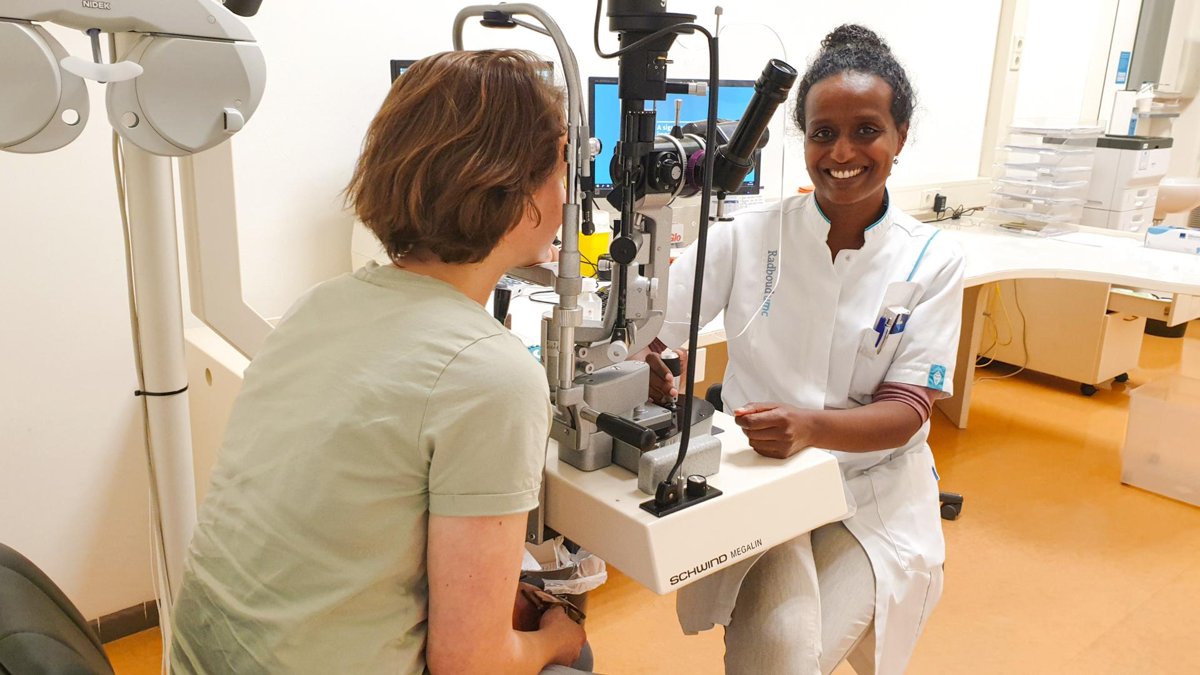
Gerard D. Schellenberg, PhD
Perelman School of Medicine, University of Pennsylvania
Biography
Dr. Schellenberg received his PhD in biochemistry at the University of California, Riverside in 1978. Subsequently he was a Research Professor at the University of Washington before becoming a Professor in the Department of Pathology and Laboratory Medicine in the Perelman School of Medicine, University of Pennsylvania, where he is co-head of the Penn Neurodegeneration Genomics Center, Director of the Alzheimer’s Disease Genetics Consortium, and co-director of the Genomic Center for Alzheimer’s Disease.
He focuses on applying advanced genome technology to finding human disease genes. He identified the Werner’s Syndrome gene, a premature aging disease. This was the first study to use large-scale genomic sequencing to identify a disease gene. He also worked on Alzheimer’s disease, progressive supranuclear palsy, different forms of frontotemporal lobar degeneration, and Guam amyotrophic lateral sclerosis/parkinsonism dementia complex. In 1998, Dr. Schellenberg identified mutations in the human gene MAPT that cause frontotemporal dementia. His AD work started with the mapping of the presenilin 1 and 2 genes and identification of presenilin 2.
In 2008, he formed the Alzheimer’s Disease Genetics Consortium, and as part of a large-scale international effort, over 70 novel AD risk loci were identified. Dr. Schellenberg is now a co-leader of the Alzheimer’s Disease Sequencing Project (ADSP) and is chair of the Executive Committee and Cross Consortium Collaboration and Communication Committee (EC-4C) – ADSP.
For his work, he received the Potamkin Prize for Alzheimer’s Disease Research, the Metropolitan Life Foundation Award for Medical Research, the Alzheimer’s Association Medical Honoree, Standout Achievement Award, and the Inspiration and Innovation Award from the CurePSP Foundation.



